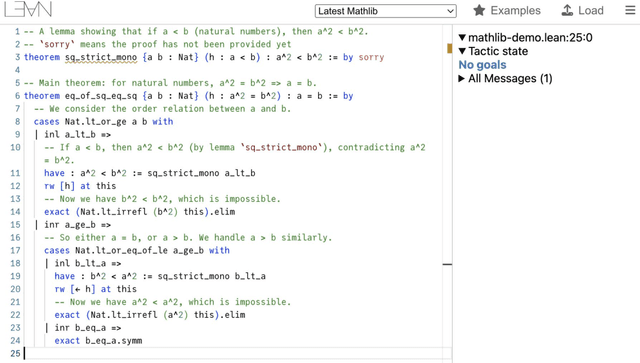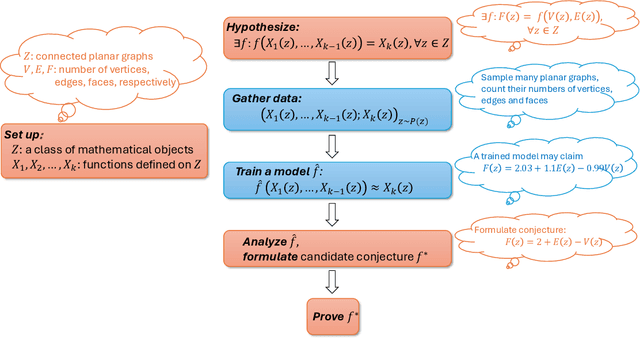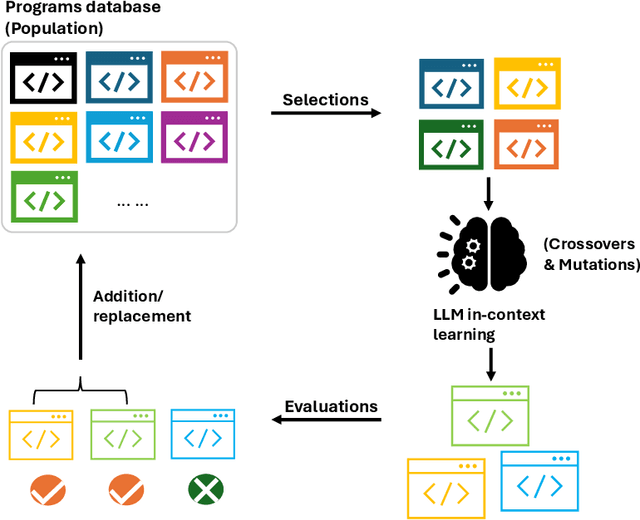Mathematics and Machine Creativity: A Survey on Bridging Mathematics with AI
Paper and Code
Dec 21, 2024


This paper presents a comprehensive survey on the applications of artificial intelligence (AI) in mathematical research, highlighting the transformative role AI has begun to play in this domain. Traditionally, AI advancements have heavily relied on theoretical foundations from fields like mathematics and statistics. However, recent developments in AI, particularly in reinforcement learning (RL) and large language models (LLMs), have demonstrated the potential for AI to contribute back to mathematics, offering flexible algorithmic frameworks and powerful inductive reasoning capabilities that support various aspects of mathematical research. This survey aims to establish a bridge between AI and mathematics, providing insights into the mutual benefits and fostering deeper interdisciplinary understanding. In particular, we argue that while current AI and LLMs may struggle with complex deductive reasoning, their inherent creativity holds significant potential to support and inspire mathematical research. This creative capability, often overlooked, could be the key to unlocking new perspectives and methodologies in mathematics. Furthermore, we address the lack of cross-disciplinary communication: mathematicians may not fully comprehend the latest advances in AI, while AI researchers frequently prioritize benchmarks and standardized testing over AI's applications in frontier mathematical research. This paper seeks to close that gap, offering a detailed exploration of AI's basic knowledge, its strengths, and its emerging applications in the mathematical sciences.
 Add to Chrome
Add to Chrome Add to Firefox
Add to Firefox Add to Edge
Add to Edge